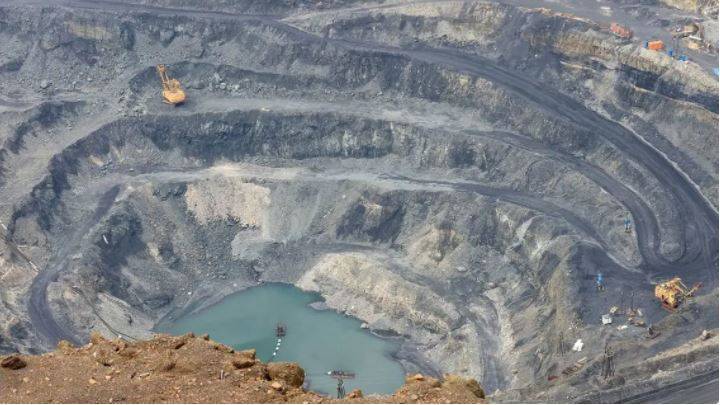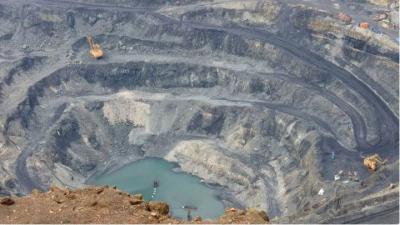The West is trying to avoid imposing sanctions on Russian companies that supply essential goods for its industries, ranging from oil and gas to basic commodities like metals. The Russian company Norilsk Nickel (MMC Norilsk Nickel PJSC) controls a significant portion of the production of two metals essential for green transition, computer chip manufacturing, and steel production. So far, the United States and its allies have not imposed sanctions on the company, commonly referred to as Nornickel, or its CEO, Vladimir Potanin, who served as Deputy Prime Minister during Russian President Boris Yeltsin's administration. This highlights the dilemma of sanctioning Russia while not hindering the West's access to essential goods.
The mining company is responsible for about 5% of the world’s annual nickel production, a key component for electric vehicle batteries, and around 40% of the palladium used in catalytic converters and semiconductors. The company also extracts energy-conducting metals like cobalt and copper, according to The Wall Street Journal, which was reviewed by Al Arabiya.net.
The prices of these metals soared since Russia's invasion of Ukraine due to fears that Western sanctions or logistical difficulties stemming from the conflict could choke supplies. Nickel was traded at its highest level in a decade on Friday, recording a 37% increase so far this year. Palladium prices have risen by 57% this year.
Despite the rising metal prices, Nornickel’s stock price has fallen, like those of other Russian commodity companies, dropping by 17% so far this year. On Saturday, Fitch Ratings downgraded Nornickel's debt to junk status, reflecting a harsher environment in Russia and the financial vulnerabilities of its commodity companies.
Many Western companies have expressed interest in diversifying their supply chains away from Nornickel, reflecting a broader trend across various commodities, including oil and steel, as Western buyers seek to distance themselves from Russian suppliers amid fears of sanctions or difficulties faced by Russian companies in exporting their products.
A spokesperson for Nornickel pledged that the company would fulfill its commitments to its customers, partners, and employees. So far, Western sanctions in response to the current conflict have avoided targeting companies that supply the West with oil, gas, and other essential goods.
Gabrielle Randleschofer, managing director of the International Platinum Group Metals Association, stated, "If we had sanctions and could not access this palladium, you should expect global disruption." Among the companies looking for alternative nickel supplies is Outokumpu Oyj, one of the largest stainless steel manufacturers in the world. The Finnish company noted that about 6% to 7% of the nickel used in its plants comes from Nornickel, with the remainder sourced from recycled steel.
Meanwhile, German company BASF SE has indicated that it will meet its existing contracts with Nornickel but won’t pursue new business with the Russian company, describing Nornickel as an important supplier of nickel and cobalt for its cathode materials, as well as a source of palladium and platinum.
Andrew Mitchell, nickel research director at energy consultancy Wood Mackenzie, remarked that imposing sanctions contributes to increased market disruption. Analysts highlight the importance of Nornickel, with demand for nickel surging amid the rising popularity of electric vehicles, especially after the industry faced a 6% demand shortfall, according to BMO analysts.
Nornickel operates in one of the northernmost cities in the world, Norilsk, a former military colony. Norilsk has also gained a reputation as one of the dirtiest cities in the world due to significant pollution and oil spills, stemming from extensive mining operations and oil refineries. The region also provides the company with some of the richest mineral deposits in the world, extracted up to 5,000 feet beneath the permafrost.




